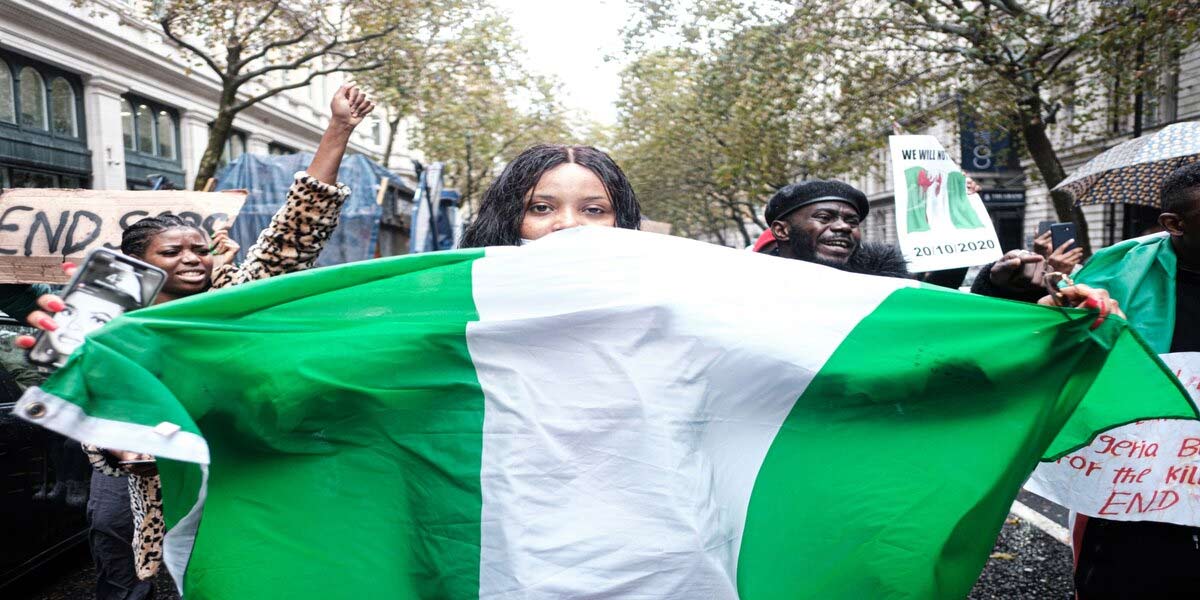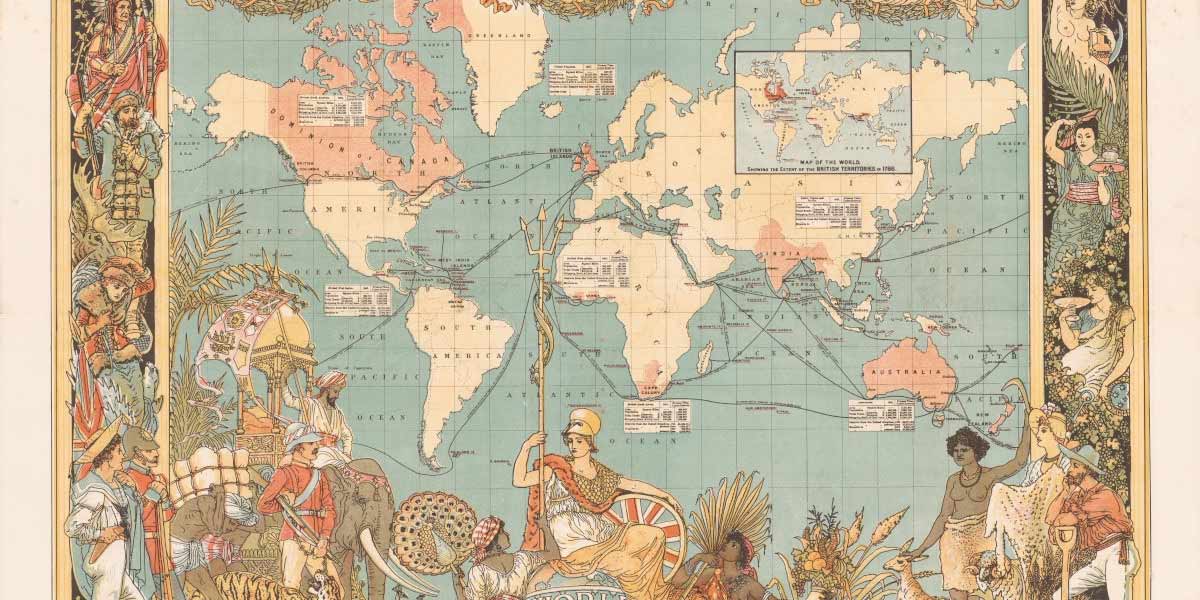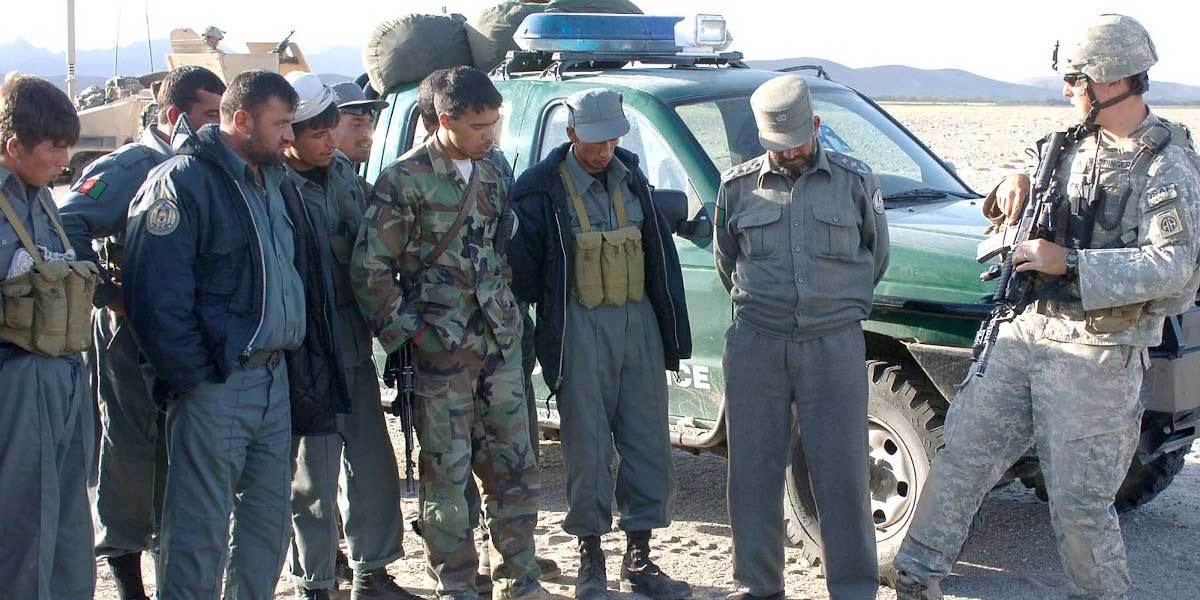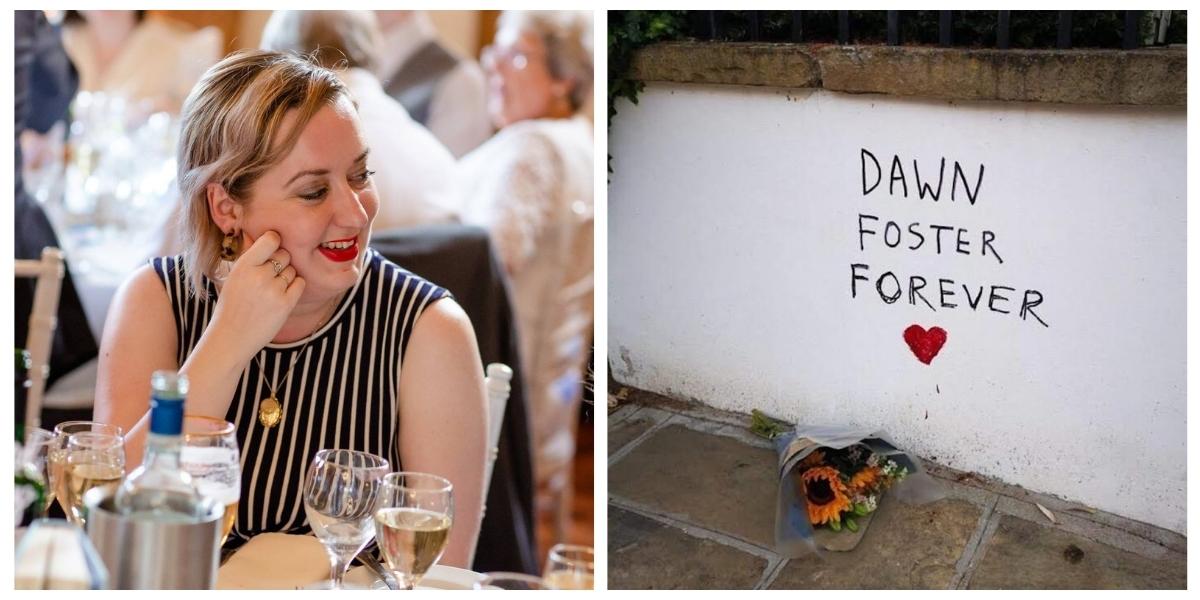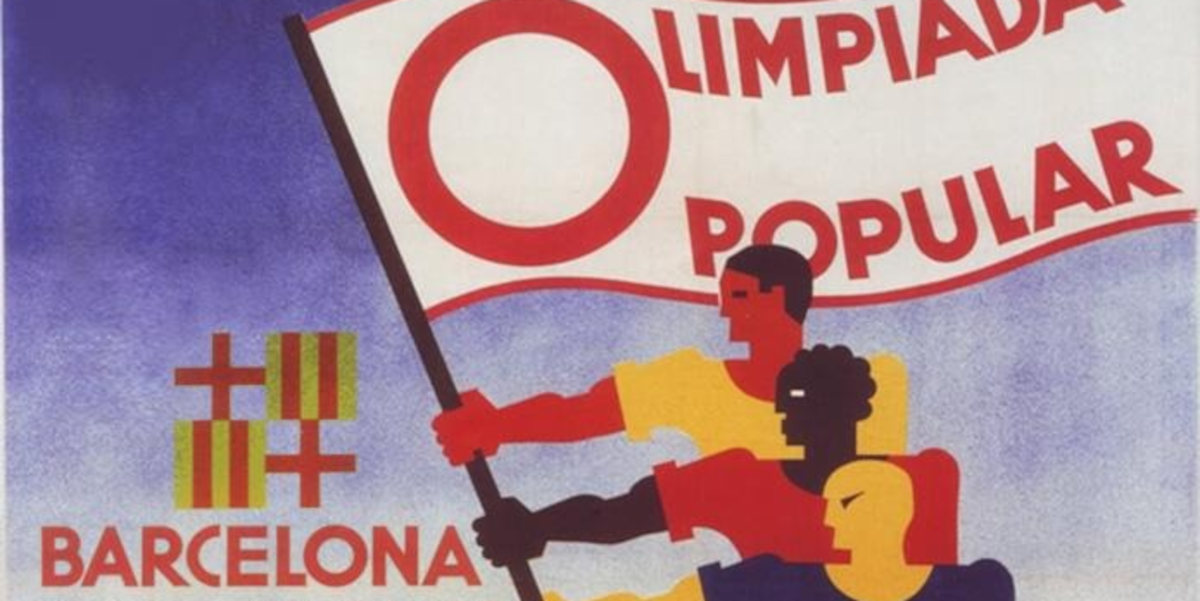Political parties and ideologies
A founding aim of Red Pepper was to offer a platform for inter-left discussion, focusing on inclusive and accessible debate, not dogma, and covering a range of political parties and ideologies.
Today, we’re continuing this tradition, providing primers on political history and contemporary ‘keywords’, analysing the left’s relationship with the Labour Party, and keeping an eye on the evolving far-right.
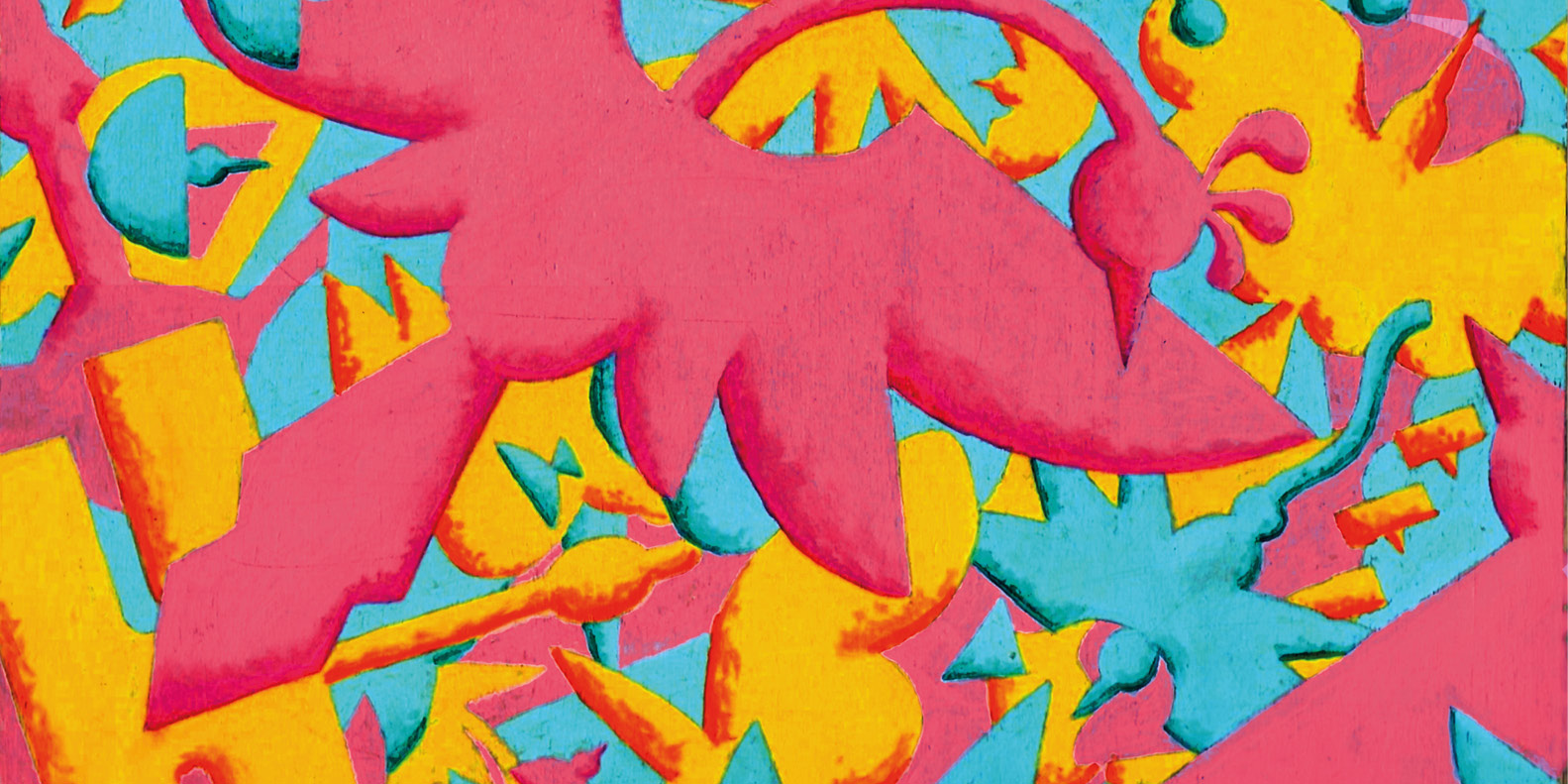
A founding aim of Red Pepper was to offer a platform for inter-left discussion, focusing on inclusive and accessible debate, not dogma, and covering a range of political parties and ideologies.
Today, we’re continuing this tradition, providing primers on political history and contemporary ‘keywords’, analysing the left’s relationship with the Labour Party, and keeping an eye on the evolving far-right.







